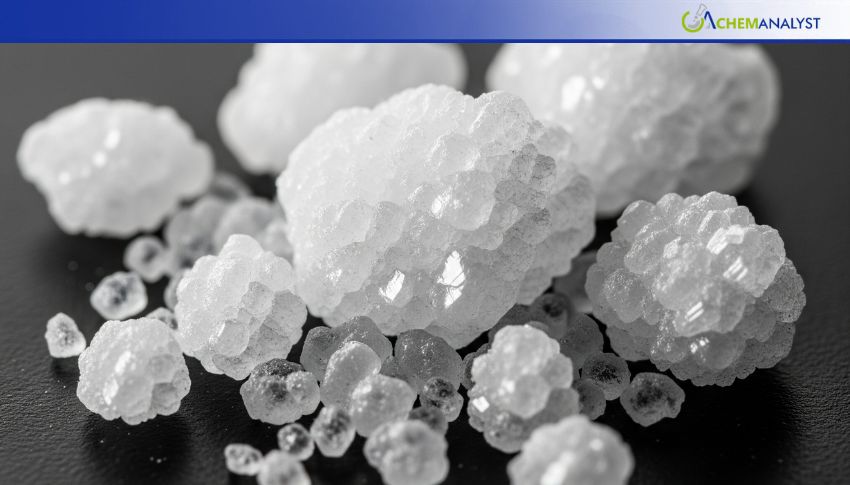Welcome To ChemAnalyst

In August 2025, the market of Adipic acid in China was mixed trend. Throughout the first half of the month, prices rose due to rising feedstock costs and export demand, only to fall mid-month due to sluggish domestic activity. Near the latter half of the month, restored downstream demand and steady raw material prices revived buying interest. The market eventually settled firmer, registering an equilibrium between cost pressures and evolving consumption patterns.
Key Takeaways
Demand-Side Developments
Adipic acid&#xx;s market experienced uneven demand conditions in August. At the initial phase, export demand helped Adipic acid prices, as regional buyers in Southeast Asia maintained orders, giving Chinese producers temporary momentum. Optimism for domestic buyers, however, diminished toward the latter part of the month. End-use sectors were gun-shy and made buys, primarily at functional needs, making market action low-key in the mid-term. Into the later weeks of August, the atmosphere relaxed with...
We use cookies to deliver the best possible experience on our website. To learn more, visit our Privacy Policy. By continuing to use this site or by closing this box, you consent to our use of cookies. More info.
